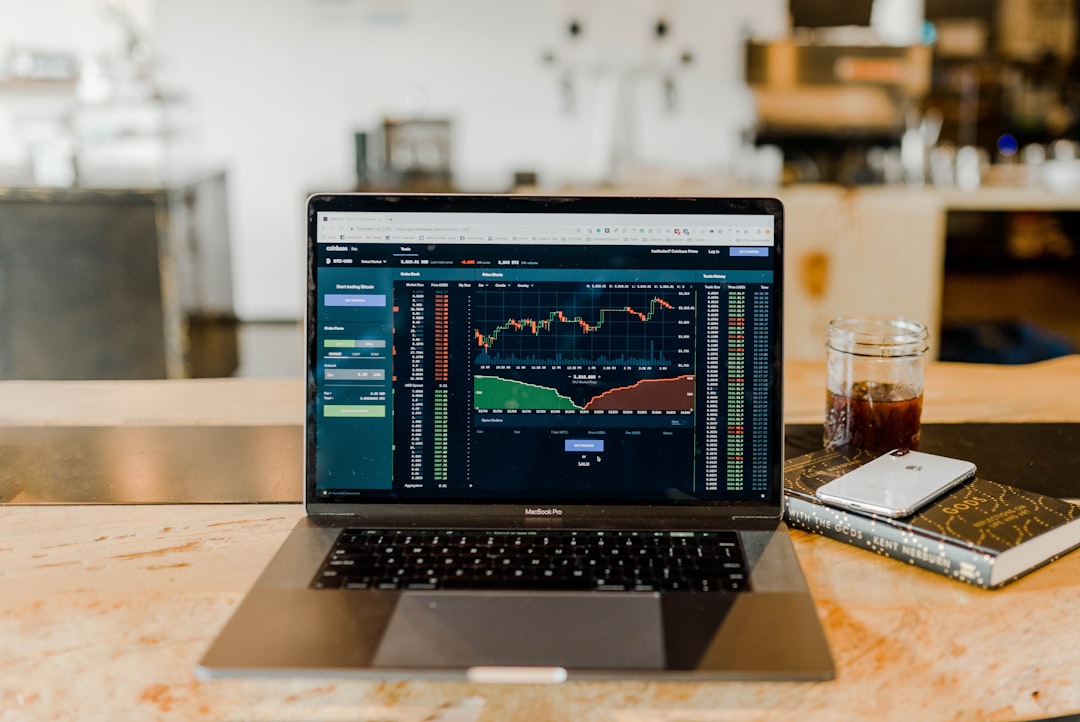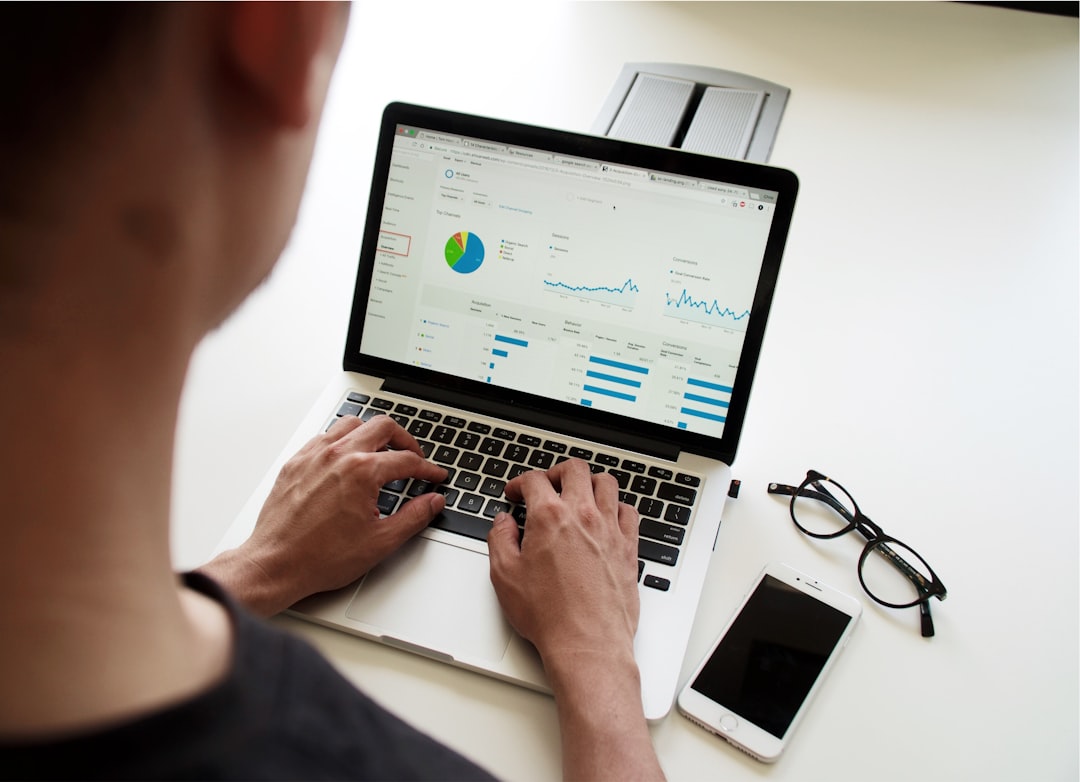
Top Websites for Economic Research: Your Essential Guide.
# Introduction. In the world of business and economics, access to reliable information is critical for making informed decisions. Whether you are a student, researcher, analyst, or entrepreneur, staying updated with the latest economic trends and data is essential. This blog post discusses some of the best websites for economic research that can provide valuable insights, data, and tools to aid your research efforts. # 1. The World Bank. The World Bank is an international financial institution that provides financial and technical assistance to developing countries. Its website hosts a plethora of economic data, research papers, and analytical tools to help users understand global economic issues. You can access comprehensive datasets covering various topics, including poverty, education, healthcare, and climate change. The World Bank also provides reports such as the World Development Report, which explores various aspects of economic development, making it an invaluable resource for researchers and policymakers alike. # 2. International Monetary Fund (IMF). The IMF plays a key role in the global economy by promoting monetary cooperation, financial stability, and sustainable economic growth. Their website offers extensive economic research, policy advice, and statistical data. Users can access the World Economic Outlook reports, which provide forecasts and analyses of global economic trends. Additionally, the IMF presents thematic papers on various topics, including fiscal policy, currency stability, and economic growth strategies, making this platform essential for anyone studying international economics. # 3. Federal Reserve Economic Data (FRED). FRED, maintained by the Federal Reserve Bank of St. Louis, is a comprehensive database of economic data that allows users to create graphs, track economic indicators, and access historical data. It covers a wide range of topics such as employment, inflation, GDP, interest rates, and more. Users can download the data sets they need or utilize the FRED graphing tools to visualize trends over time. FRED’s user-friendly interface makes it an ideal resource for both novice and seasoned researchers. # 4. Google Scholar. Google Scholar is a free search engine that indexes scholarly articles, theses, books, conference papers, and patents across various disciplines. While not exclusively focused on economics, it offers a wealth of academic literature, including peer-reviewed journal articles and research concerning economic analysis and theory. Researchers can filter results by relevance or date and can often find links to full-text articles, making it a versatile platform for in-depth economic research. # 5. National Bureau of Economic Research (NBER). The NBER is a leading organization in economic research, specializing in empirical studies across various fields. Researchers can access working papers, publications, and datasets that cover a range of topics, including labor economics, health economics, and international finance. NBER working papers often contribute significantly to serious discussions in economic policy, making it a must-visit site for anyone interested in current economic problems and theoretical frameworks. # 6. Bureau of Economic Analysis (BEA). The BEA is responsible for providing essential information about the U.S. economy through collecting and disseminating statistics. Their website offers access to data related to gross domestic product (GDP), personal income, and trade balances. Users can find annual and quarterly reports, and the interactive data feature allows them to explore specific information tailored to their research needs. The BEA is an essential resource for anyone requiring in-depth insight into the economic performance of the United States. # Conclusion. In summary, having reliable information is pivotal in economic research. The websites mentioned above provide diverse resources, from data sets to analytical reports, that cater to various research needs. Whether you're seeking statistical data, academic literature, or economic analysis, these platforms can significantly enhance your understanding of the economic landscape. Exploring and utilizing these resources will undoubtedly contribute to more informed decisions and a deeper insight into economic trends. .






